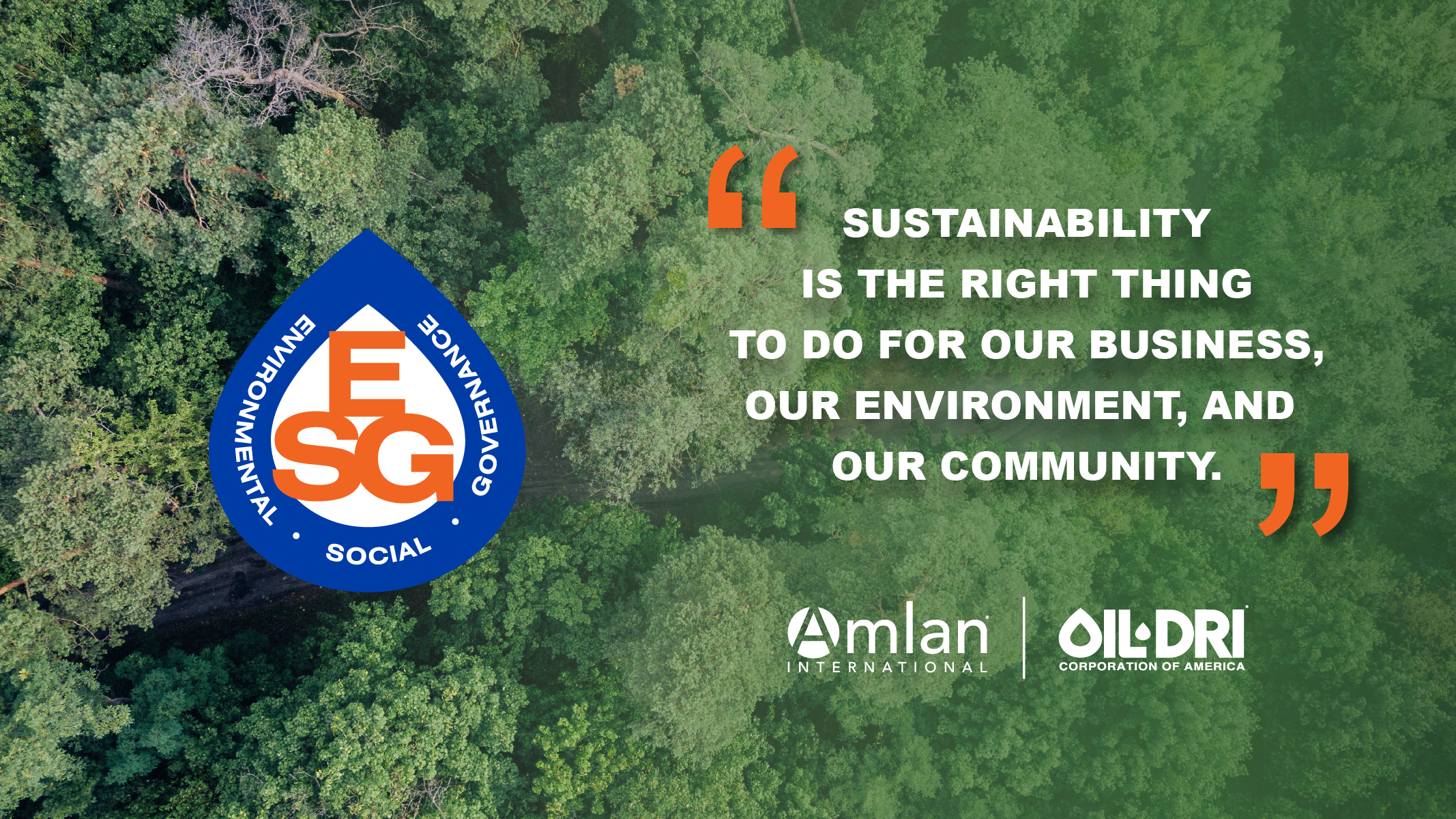“To be sustainable, agriculture must meet the needs of present and future generations, while ensuring profitability, environmental health, and social and economic equity.”
—Food and Agriculture Organization of the United Nations
There are many definitions of “sustainable agriculture,” but the FAO definition above encompasses the general idea behind them all. Fundamentally, sustainable agriculture ensures the long-term ability of agriculture to efficiently supply nutritious food, offer viable employment opportunities, and provide fair payments and working conditions for agricultural workers, while protecting the environment (our planet) for future generations.
The United Nations expects the global population to reach 8.5 billion in 2030 and 9.7 billion in 2050. To feed this growing population in a sustainable way, agricultural products, including animal protein, need to be produced in an efficient manner that also protects our natural resources. And it’s not just the farmers, growers and producers who should be responsible for implementing sustainable practices; the companies that supply products to the agricultural industry also need to do their part to protect the world we live in and support sustainable agriculture.
Sustainability Is a Key Priority for Us
Environmentally responsible and sustainable practices are key corporate priorities for Oil-Dri® Corporation of America and Amlan International (the animal health business of Oil-Dri). understand the need for sustainable practices that help protect our society and the planet.
Oil-Dri practiced responsible mining before it was mandated. Our team is continuously innovating and implementing better methods to reclaim mined land. After mining operations are finished, each habitat is restored to a condition that is equal to or better than before mining began. Some of the reclamation practices we use include erosion and sedimentation control and slope stabilization. Uses for the reclaimed land include agricultural applications, or residential and commercial development. We avoid, or repair, if necessary, any impacts to wildlife habitats. Our final steps are usually topsoil replacement, revegetation with suitable plant species and introducing indigenous wildlife — if the end goal is a wildlife habitat or open space.
Our processing plants are located close to our mines to limit transportation environmental impacts, and our manufacturing processes require minimal handling of product ingredients, which reduces our carbon footprint. The mineral used in Amlan products is mined from a selective location that has millions of tons of reserves. This abundance of mineral from a selective source ensures consistency in product quality and reliability and also negates the need to mine in multiple locations.
Natural Solutions for Animal Production
As the animal health business of Oil-Dri, Amlan shares the same values and environmental consciousness as Oil-Dri. Our culture emphasizes high moral and ethical values and conducting business with honesty, integrity and a passion for excellence. These principles are embedded in everything we do, including our products.
Animals that are healthy are typically more efficient, and often require less use of synthetic chemicals or pharmaceuticals, resulting in reduced production input and improved overall sustainability of animal production. Amlan’s mineral-based products help support the intestinal health of production animals, which helps them achieve their genetic performance potential. Our natural feed additives, some which are , also help producers meet consumer demands for cleaner, naturally produced animal protein products.
Natural Disease Management
Antimicrobial resistance is a global concern, and to ensure antibiotics remain functional and available for treatment of disease in people, efficacious alternatives to prophylactic antibiotic use in production animals have been developed. Varium® (available in select international markets) naturally promotes poultry productivity and efficiency by binding mycotoxins and bacterial pathogens and their toxins, strengthening the intestinal barrier and safely stimulating the intestinal immune system. Varium helps defend against enteric disease which keeps the bird healthier overall — and a healthier bird means a reduced need for pharmaceuticals, particularly antibiotics.
Similarly, drug-resistant Eimeria strains can create issues for controlling coccidiosis in production animals. Synthetic anticoccidial chemicals work well as either a coccidiostat or a coccidiocide; however, extended use can promote the emergence of drug-resistant Eimeria strains. Ionophores are effective against coccidia and can be used long-term, but some regions classify them as antibiotics due to their antibacterial activity, which restricts their use for antibiotic-free producers. Phylox® Feed (available in select international markets) is aalternative to synthetic drugs and ionophores that delivers equivalent performance and offers a sustainable method of managing coccidiosis. Phylox can be effective in a rotation strategy when resistance is a concern, is compatible with anticoccidial vaccines and can be used with Amlan’s mineral-based products to further support gut health and improve efficiency.
Amlan is committed to developing natural solutions for our customers that help improve the sustainability of animal protein production, but also manufacturing these products while keeping the world in mind. The full Oil-Dri corporate environmental policy can be found here, and for more information on our natural solutions, contact your local Amlan sales representative.

